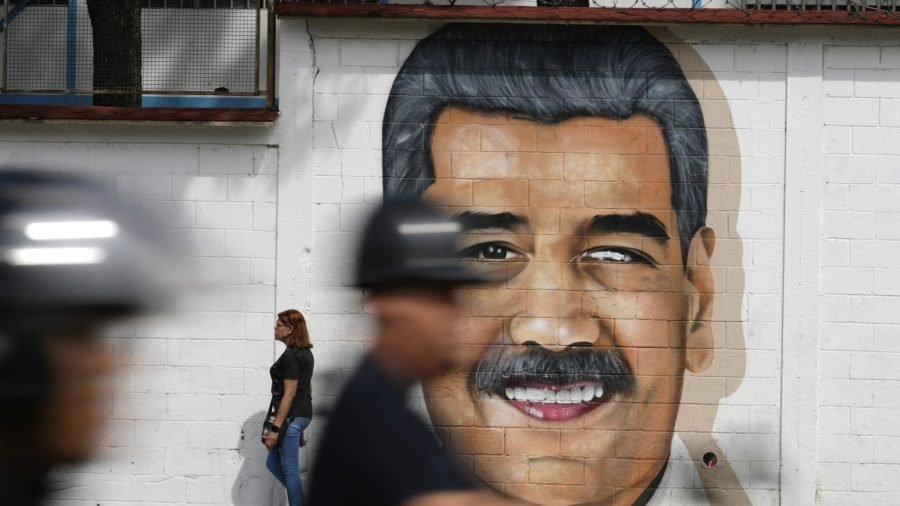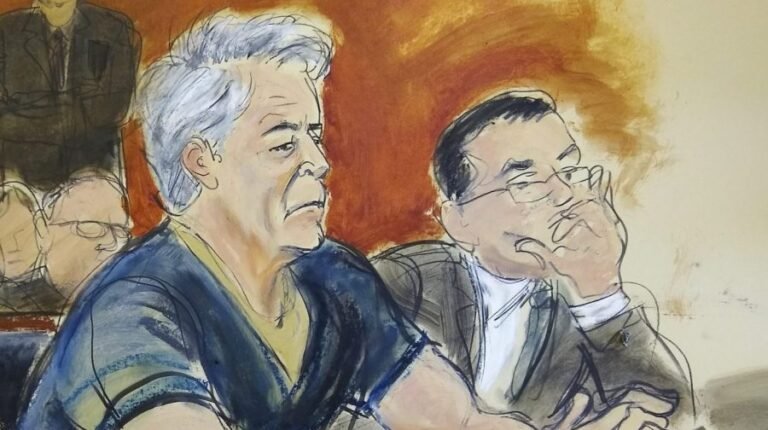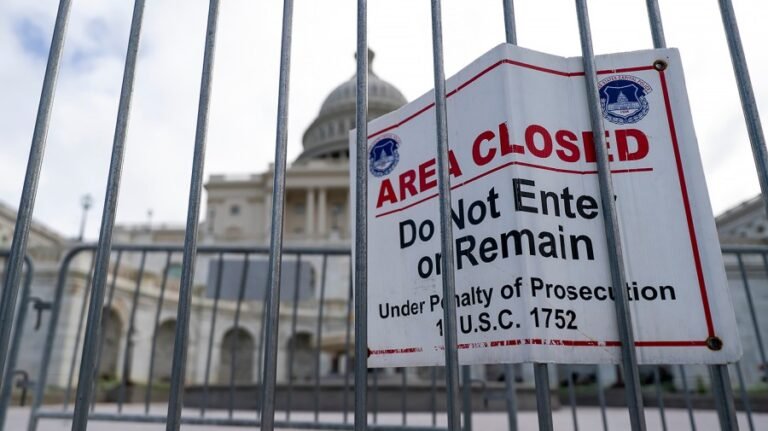
President Trump’s war against drug cartels has started, and Venezuela’s dictator, Nicolás Maduro, is its poster child, and the target of a possible imminent U.S. military operation.
No, we are not in a second Cuban Missile Crisis. Although the U.S. has declared that Maduro is the leader of a terrorist organization and a fugitive from justice, his closest allies, China and Russia, have taken a cautious but critical stance in the face of a potential war threat against their old friend.
Maduro’s leftist allies in the region have also distanced themselves from the regime. Brazil never recognized Maduro’s fraudulent 2024 reelection. Colombia’s leftist government declared that it has no defense agreement with Venezuela in the event of a U.S. military action. The Organization of American States has also noted that this is a bilateral issue between the U.S. and Venezuela.
After 25 years in power, the Chavista dictatorship is alone.
Like the tyrants of Syria and Iran, Maduro could experience unprecedented isolation, a dark solitude like that of Gaddafi in Libya or Noriega in Panama. Russia and China have made it clear that they do not have friends, but temporary partners. Beyond a few timid pronouncements, they will not engage in unnecessary conflict with the U.S. on behalf of the Maduro regime.
As part of its fight against drug trafficking, the administration has announced the deployment of warships to waters off Venezuela. The deployment includes three Aegis guided-missile destroyers: the USS Gravely, the USS Jason Dunham and the USS Sampson. In addition, the USS Lake Erie (a guided missile cruiser) and USS Newport News (a nuclear-powered submarine) are expected to arrive to the region next week. This doesn’t look like the usual antidrug operation task force.
The Trump administration has designated drug cartels as foreign terrorist organizations due to the 100,000 annual deaths of Americans from opioid use, including fentanyl. The administration has also stated that the threat of drug trafficking must be confronted with the full force of the U.S. military and not solely using counternarcotics or law enforcement agents.
Earlier this year, Trump designated Venezuela’s Tren de Aragua, Mexico’s Sinaloa Cartel, El Salvador’s MS-13 and other Latin American criminal groups as foreign terrorist organizations. In July, the Treasury Department designated the Cartel of the Suns, led by Maduro, as a terrorist organization and subsequently established a $50 million bounty on its leader (twice the amount offered for Osama bin Laden).
The U.S. has created the legal and national security architecture to take more decisive action against the Venezuelan dictatorship. In addition to these efforts, countries such as Paraguay, Argentina and Ecuador have also declared the Cartel of the Suns a terrorist organization and therefore a regional threat.
Regime change in Venezuela would deal a devastating blow to the agendas of China, Russia and Iran in the Western Hemisphere. The U.S. would make it clear that the use of force is an option when it comes to guaranteeing a safe and prosperous hemisphere and would reaffirm that the Americas are a priority for the U.S.
This is also a direct message to Mexico, which would also note Trump’s willingness to confront drug trafficking with all the military power at his disposal, not as an empty promise, but as a national security determination. In other words, the Mexican government must break what the Trump administration considers an “intolerable alliance” with drug cartels.
Regime change would economically benefit Venezuela and the U.S., while China and Iran’s control over the world’s largest oil reserves would be weakened. Increased oil production in Venezuela under a democratic government would lower gas prices in the U.S. and improve the quality of life for Venezuelans, therefore reducing migration.
The U.S. is interested in setting a precedent, not a protracted and costly war; a precise, surgical action that encourages a significant change without boots on the ground. The narco-dictator of Venezuela is already cornered and concerned and the U.S. is determined and devoted to fight the drug cartels. An unprecedented problem requires an unprecedented response.
Arturo McFields is an exiled journalist, former Nicaraguan ambassador to the Organization of American States and former member of the Norwegian Peace Corps. He is an alumnus of the National Defense University’s Security and Defense Seminar and the Harvard Leadership course.






